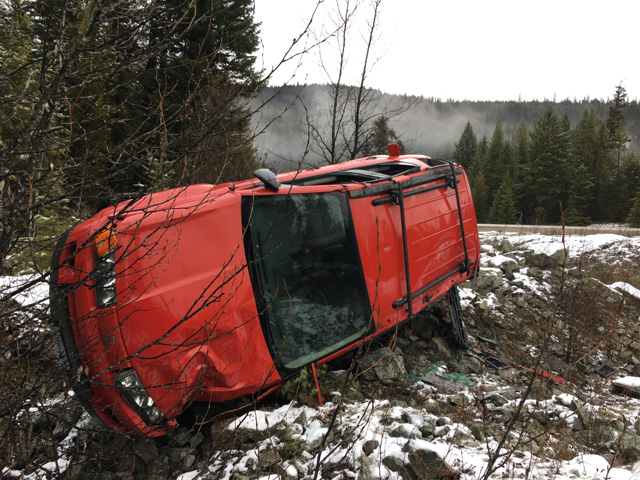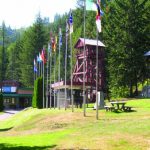BCAA survey says B.C. drivers not prepared for winter
There’s good reason to watch out for the other guy as BC drivers head into a winter the World Meteorological Organization predicts will be a colder and stormier season across the province.
In a survey for the BC Automobile Association (BCAA) conducted by Insights West, B.C. drivers are taking little action to prepare for bad weather.
The survey released by BCAA recently, said almost one in three (32%) B.C. motorists say there’s no need for them to prepare for winter driving because they consider themselves to be a good driver. One third (31%) say they won’t prepare until it actually snows, while one third (31%) don’t believe B.C. is in store for a bad winter.
“Call it overconfidence or denial but, based on our data and in my experience, too many British Columbians, especially in the Lower Mainland, don’t think about winter driving until it’s too late,” says Stu Miller, BCAA senior manager of automotive operations in the media release.
Miller, who has worked in the business for 20 years, says he sees it every season.
“Winter weather can create unpredictable road conditions anywhere and at any time, which can turn out to be challenging for even the most experienced driver.”
The BCAA release said the survey shows that drivers may be taking risks by not being honest with themselves about their driving skills or comfort level when it comes to winter driving.
According to the study’s results, B.C. drivers are confident but at the same time nervous driving in bad conditions, exposing a contradiction in drivers’ self-assessments. Almost two thirds (64%) claim they are experienced but nervous winter drivers and almost half (45%) say they’re experienced drivers but bad at driving in winter conditions.
A concern for BCAA is that 47 per cent reveal that they’re nervous about driving in snow but drive anyway—one third even admit to “freaking out a bit” when having to drive in snow. Over 60 per cent will not stay off the roads in bad conditions.
For 71 per cent of B.C. drivers, winter driving is not a concern because they believe it “doesn’t snow much where they live.”
But for Miller, snow is only part of the challenge. “Sleet, icy roads, heavy rainfall, cold temperatures and more hours of darkness — this is a season of weather hazards at every turn and with half of drivers not even checking the weather before heading out, it’s concerning,” says Miller.
One piece of good news in Miller’s eyes is that 68 per cent think all B.C. drivers should use winter tires, though only 29 per cent are prepared with a winter roadside emergency kit, “so we have work to do,” says Miller.
With 64 per cent spending up to 10 hours and 32 per cent up to 30 hours a week behind the wheel, Miller wants drivers to be more aware of their driving skills and comfort levels when it comes to driving in any winter weather conditions. He also stresses that motorists should have other transportation options already planned in case they’re unable to drive safely in winter conditions.
According to BCAA, when harsh winter weather hits, the number of calls from across the province into the organization’s roadside assistance call centre can increase between 40 to 60 per cent on certain days. In the Metro Vancouver area, roadside assistance call volumes during snowy or frigid weather can double.
BCAA offers some easy tips to help drivers stay safe on the roads this winter:
1. Prepare your car so it endures weather conditions and performs well so you can drive safely.
- Get a complete vehicle check-up before cold weather sets in.
- Carry a winter driving emergency kit and chains in your car.
2. Adjust your driving behaviours to match the weather conditions.
- Take precautions before and while you drive—clear snow and ice from windows and lights, defog all windows before you head out, drive at slower speeds, leave more room between you and the car ahead and use turn signals well in advance.
- Check road and weather conditions before you head out.
3. Make safety your priority
- Don’t underestimate the impact all winter conditions can have on your car and ability to drive safely.
- Be honest about your driving skills and comfort levels—don’t drive in conditions when you don’t have the skills or if you’re too nervous.
- Avoid the temptation to drive when you shouldn’t by having other transportation options already planned.























